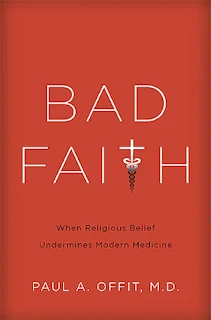Church of God News had a blog entry the other day quoting my posting about UCG's battle over women writers in their publications. This is all in response to the over-delicate and over-sensitive men who just CANNOT get over the myth that women must remain silent and subservient to them. After all, God's mightiest holy apostle laid down the law that there is a power structure in the church with women at the bottom, just above their children and animals.
GOD
Jesus
Herbert Armstrong
Evangelists
Paid Ministry
Non-paid Ministry
Retired Ministry
Men
Women
Children
Animals
Rest of creation
This is what Church of God News posted:
Rex Sexton began the session (3mins.) by reading from a “public form letter that is sent out when people write to UCG here and ask about women writing.” He read from the form letter, quoting v.34: “Let your women keep silent in the churches, for they are not permitted to speak; but they are to be submissive, as the law of God says.”
The Freudian slip of adding the phrase “of God” to this verse reveals the subconscious mind set of church leaders - who know that this statement of the role of women in church (or rather lack of it) cannot be found in the law of God.
In 1 Corinthians 7 Paul begins to address “the things of which you wrote to me.” The first of these is (v.1-2): “It is good for a man not to touch a woman. Nevertheless, because of sexual immorality, let each man have his own wife, and let each woman have her own husband.”
Paul expresses his ideal view in v.7-8: “I wish that all men were even as I myself. But each one has his own gift from God, one in this manner and another in that. But I say to the unmarried and to the widows: It is good for them if they remain even as I am.”
How can it be good for them, if a “law of God” hampers their learning, as they do not have husbands to teach them at home? (14:35)
The ISV also adds to the literal text of 14:34: “The women must keep silent in the churches. They are not allowed to speak out, but must place themselves in submission, as the oral law also says.”
The translators of the ISV realized that the law referred to here is an oral law of Judaism, which the Orthodox Jews continue to observe today. Only men may speak in the churches (synagogues), only men may sing. Women were segregated and must remain silent. Women were expected to marry when young, and their husbands (who had received religious instruction as boys - which girls did not) were expected to teach their wives at home - “if they want to learn something”.
1 Corinthians 14:34-35 is another of “the things of which you wrote to me.”In v.36 he gives a disdainful response to their “law” with this rhetorical question:“Did God's word originate with you? Are you the only people it has reached?”
UCG's men are so conditioned by HWA, Meredith and others postulating on the role of women that their responses are automatic. They think it is true because the Apostle said it. Never have these men really studied into the background of Paul, why he wrote what the did in the way he did.
Assumptions have always been the foundational model for Church of God beliefs. Due the cherry-picking and proof-texting that the church uses, doctrines and church teachings have been decided by men who are without much theological education and who are incapable of sound research methods.
It's time for women to start teaching the men because so far the men have done an extremely poor job.


